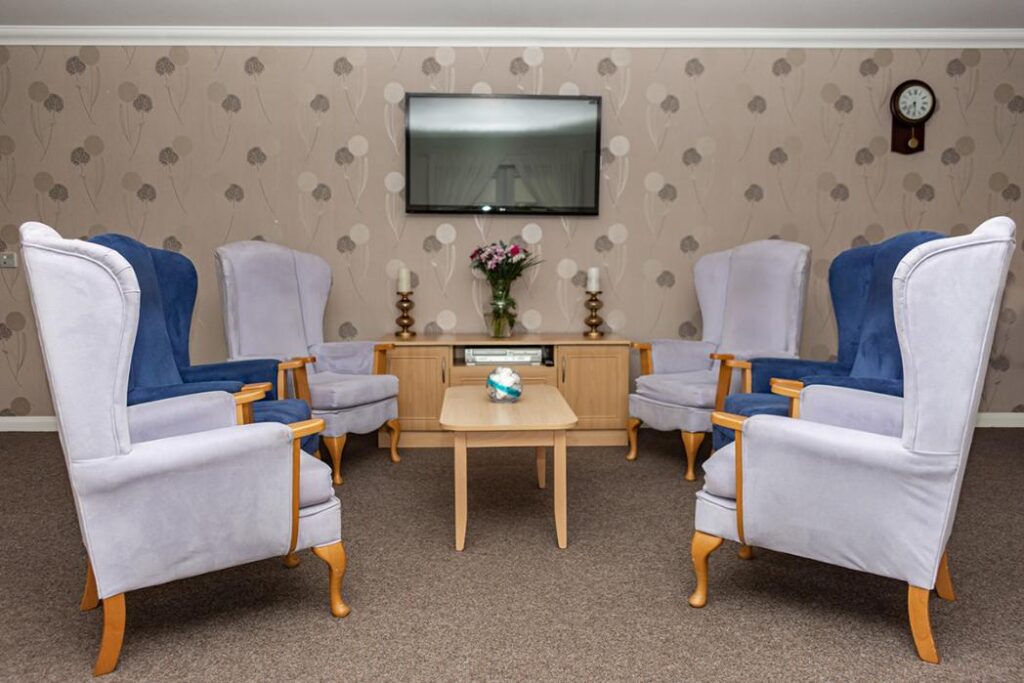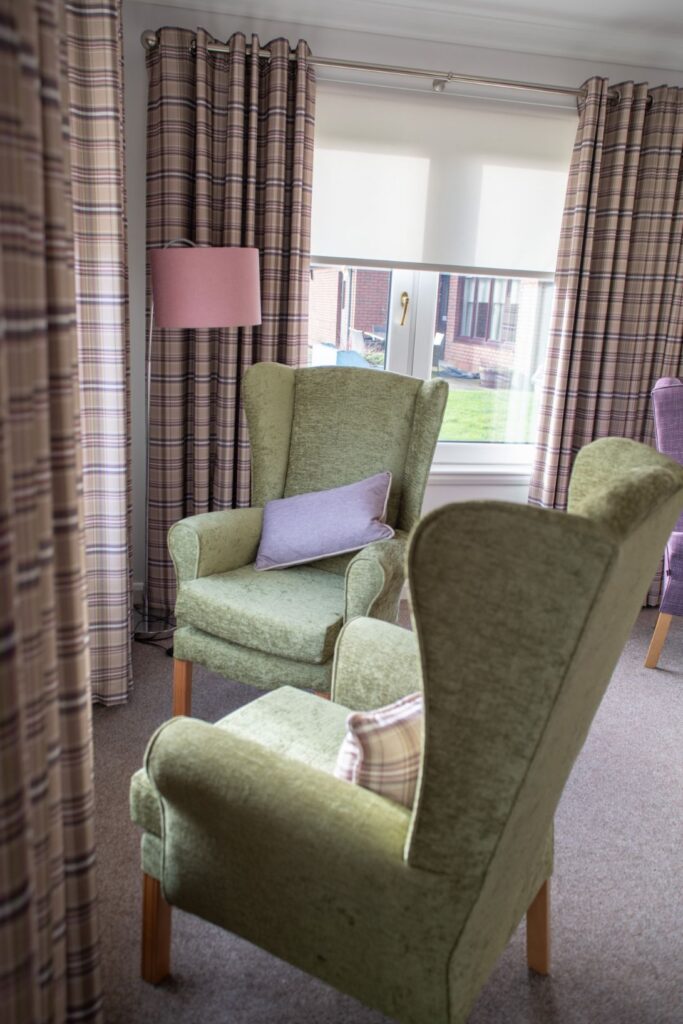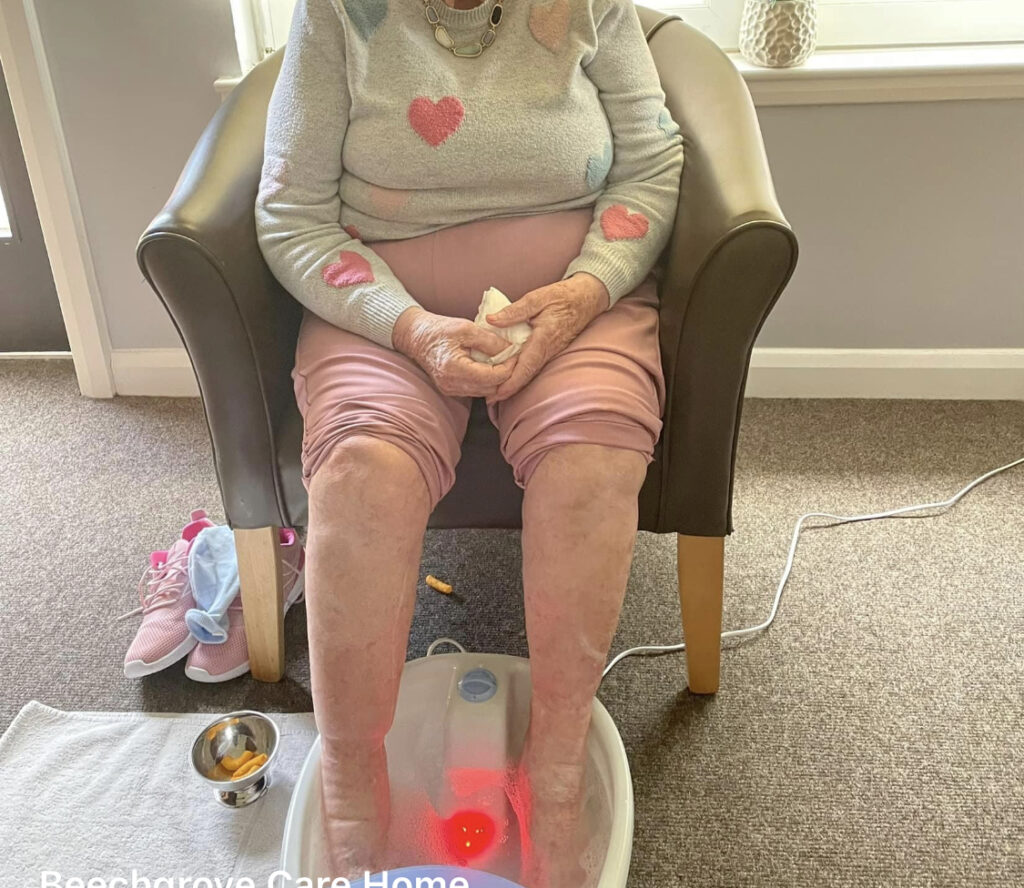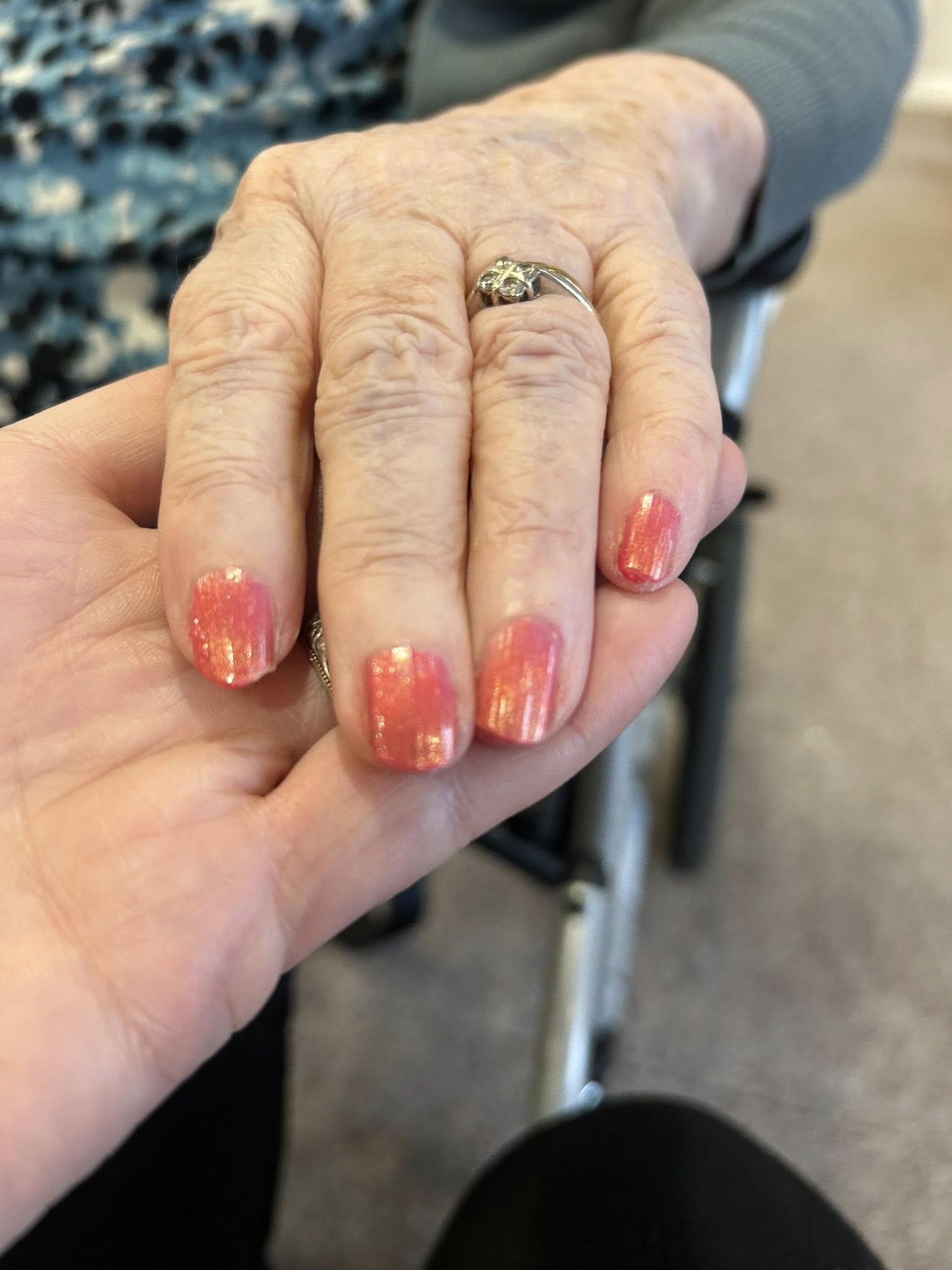How to Find the Right Respite Care Home for Your Loved One

Taking a break from daily routines can be incredibly beneficial for elderly individuals, and residential respite care offers the perfect opportunity for just that. Whether it’s a short stay in a care home to recover after a hospital visit, a chance to enjoy a change of scenery, or simply an opportunity to meet new people, residential respite care can help elderly people feel supported, valued, and refreshed.
For families and carers, it’s a reassuring way to ensure their loved one is cared for by experienced professionals in a safe, comfortable, and welcoming environment. In this blog, we’ll explore the benefits of residential respite care, how to find the right care home, and what to look for to make your loved one’s stay in respite holidays as positive and fulfilling as possible.
What Is Residential Respite Care?
Residential respite care provides short-term, temporary care for older people in a dedicated care home setting. This type of care is designed to support families and carers when they need extra help, whether that’s for a few days, a few weeks, or longer. It can be used for a variety of reasons, such as:
- Allowing carers to take a break for their own wellbeing.
- Supporting elderly individuals while recovering from illness, surgery, or hospital stays.
- Helping families trial a care home before making long-term decisions.
With residential respite care, your loved one benefits from the expertise of a professional care team in a safe and welcoming environment, giving the person you care for the opportunity to step back temporarily and recharge.


When Might Residential Respite Care Be Needed?
Residential respite care can be the ideal solution in a wide range of situations. Caring for a loved one is incredibly rewarding, but it can also be tiring. Residential respite care allows carers to take a well-earned break, whether that’s to rest at home, spend time with family, or go on holiday. Residential care is also a great way to recover after a hospital stay. After surgery, illness, or injury, your loved one may need additional care and support while recovering. Residential respite care bridges the gap between hospital and home, offering a safe space with tailored care to support their recovery.
If you or your loved one are considering long-term residential care, a short stay can be a helpful way to explore whether a particular care home feels like the right fit. It provides an opportunity to get to know the care team, take part in activities, and experience daily life at the home, without committing to a permanent move.
Repite care is also a great backup option during periods of transition or family emergencies: Life can sometimes throw unexpected challenges your way. Residential respite care provides a reliable option if carers are unavailable due to illness, work commitments, or other emergencies.



The Benefits of Residential Respite Care
Choosing residential respite care comes with a range of benefits for both carers and their loved ones. High-quality, personalised residential respite care ensures your loved one receives the same standard of care as permanent residents. Care plans are tailored to meet their individual needs, including help with personal care, meals, and medication.
Modern care homes prioritise comfort and community, creating a warm and welcoming space where residents feel at ease. From cosy lounges to beautiful gardens, residential respite care offers a true home away from home. Staying in a care home also allows your loved one to participate in meaningful activities, from arts and crafts to group outings. It’s a great opportunity to form new connections and maintain a sense of purpose and joy during their stay.
Knowing that your loved one is being cared for by experienced professionals can provide carers with much-needed peace of mind. It allows you to take time for yourself, confident that your relative is in safe hands.


How to Choose the Right Residential Respite Care Home
Finding the right residential respite care home is an important step. Here’s how the person you look at can make the process easier:
- Research Your Options: Start by looking for local care homes that provide residential respite care. Online directories, reviews, and recommendations from friends or healthcare professionals can all be helpful in narrowing down your options. Many care homes also offer detailed information on their websites, so you can get a sense of their services before visiting.
- Visit the Care Home in Person: Visiting a care home is the best way to get a feel for its atmosphere and quality of care. During your visit, take the time to meet the staff, explore the facilities, and ask questions about how they approach respite care.
- Ask the Right Questions: When considering a care home for residential respite care, here are some key questions to ask:
- Are care plans tailored to meet individual needs?
- What activities and social opportunities are available for short-term residents?
- Are staff experienced in supporting specific conditions, such as dementia or mobility issues?
- What does a typical day look like for respite residents?
- Are there flexible options for the duration of the stay?
- Consider Your Loved One’s Needs: Every individual is different, so it’s important to choose a care home that can meet your loved one’s specific needs, preferences, and personality. For example, do they enjoy group activities, or would they prefer quieter, one-to-one time? Would they feel more comfortable in a small, close-knit home, or a larger community?
Making Residential Respite Care a Positive Experience
For many families, residential respite care is a positive and transformative experience. It seems paying for respite care not only gives carers the chance to rest and recharge, but also allows older loved ones to enjoy a change of scenery and benefit from professional care in a new environment.
If your loved one feels anxious about the idea of staying in a care home there are steps you can take to make the transition easier:
- Visit together before their stay: Seeing the home and meeting staff can help reassure them.
- Talk about the benefits: Emphasise the opportunities to meet new people, enjoy different activities, and take a break from daily routines.
- Pack familiar items: Bring personal belongings, such as photos or a favourite blanket, to help the care home feel more like home.



We’re Here to Support You at Beechgrove Care Home
At our Beechgrove, we’re proud to offer warm and welcoming residential respite care for older adults. Whether your loved one needs support after a hospital stay, or you’re simply looking for a short break from caring yourself, we’re here to provide professional care in a safe and homely environment. With engaging activities, compassionate staff, and tailored care plans, your loved one will feel valued and supported every step of the way.
If you’re considering residential respite care, we’d love to welcome you for a personalised visit. Contact us today to learn more about our own respite care services and how we can help your family.




